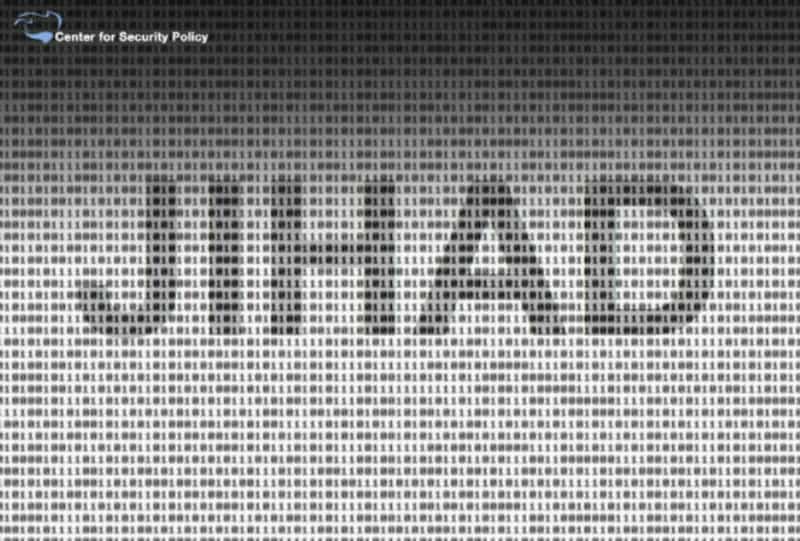Hunting Known Wolves

The Sydney Siege once again reminded us that terrorist so popularly characterized as nigh undetectable “Lone Wolves” are really nothing of the sort. Rather they are “Known” wolves. That is, far from being invisible, they are terrorists who have had repeated brushes with intelligence or law enforcement but against whom no action was taken. The phenomenon suggests, that, far from what critics like Glenn Greenwald would have us believe, government surveillance efforts actually do work. Should we really be outraged that some 280,000 individuals have made the U.S. electronic surveillance list despite having “no known affiliation”? It’s a designation which includes those comparable to Sydney hostage taker Sheikh Haron, who did not declare his allegiance to the Islamic State until the beginning of December only a week or two before his terrorist attack which killed two, injured more, and drew non-stop media attention.
The problem of course is that even though individuals are perhaps being surveiled for their support for jihad, whether abroad or domestically, or perhaps even publicly advocating for violence, this doesn’t always put them within the range of a prosecutable crime.
While material support laws may come into effect for those conducting propaganda on behalf of declared terrorist groups (Al Qaeda, Hamas, etc), a generic call to wage jihad or “slay the unbelievers wherever you find them” may be alarming, but would not, under U.S. law, necessarily be illegal. Nor should it be. Freedom of speech is an inalienable right, and a cherished western freedom. In places where hate speech laws exist, the tendency has been for them to be enforced in a one-sided manner which actually leaves pro-Jihadi preachers alone while targeting those who oppose them.
What options are available? Firstly, law enforcement efforts to introduce informants to prospective terrorists or conduct “stings.” Such operations have proven highly effective at ferreting out and leading to the successful prosecution of would-be jihadists before they strike. This can be done in online chatrooms, but also needs to be permissible in all places where these “unaffiliated” potential “known wolves” congregate, including mosques aligned with the Muslim Brotherhood or other groups who play a role in indoctrination for jihad, as well as Muslim Student Associations, and other area “incubators.” To be successful however, informants and undercover operatives need to be able to talk the talk, which requires an understanding of jihad doctrine, which cannot be effectively done without understanding Shariah law.
Of course for this precise reason the use of informants and sting tactics have been under incredible pressure by Muslim Brotherhood-linked groups and far-left groups, as I have previously written. Despite what Al Jazeera and groups like Human Rights Watch say, law enforcement stings are not “human rights violations” but a necessary counterterrorism tactic.
Secondly, In the U.S., federal law enforcement are reluctant to name jihadist attacks as terrorism which creates a need for state-level options. One possibility is “Andy’s Law,” named for Private Andy Long, killed by supposedly “lone wolf” Carlos Bledsoe. Andy’s Law works to strengthen state-level material support for terrorism statutes by both increasing criminal penalties and greatly increasing the civil liability of individuals and entities which provide material support for terrorism.
In civil court, under Andy’s Law, someone who commits an act of terrorism or supports terrorism would be subjected to attorney fees, plus treble damages. This creates a civil cause of action for a victim of terror, which means it incentivizes attorneys to come to the victim’s support and to go after an entity suspected of radicalizing them. The possibility of civil action creates the opportunity for legal “discovery” which in turn helps bring to public view more information about how jihadist incubators radicalize adherents. Andy’s Law has already passed in a number of states.
There may be other possible avenues for reform which could help crack down on would-be jihadists without hampering free speech, and a discussion of what reforms would be necessary should take place. But it is long past time to stop feigning helplessness, simply because would-be terrorists subscribe to a violent ideology, rather than swearing allegiance to a specific violent group. Let’s stop hiding behind the moniker of lone wolves, and make the changes that are necessary to help law enforcement start hunting.
- Anarchists call for solidifying gains, expanding violent insurgency - February 5, 2026
- Shideler: Resistance to Immigration Enforcement Is Fierce in Minnesota - February 2, 2026
- The Revolution Is On in Minnesota - January 26, 2026
